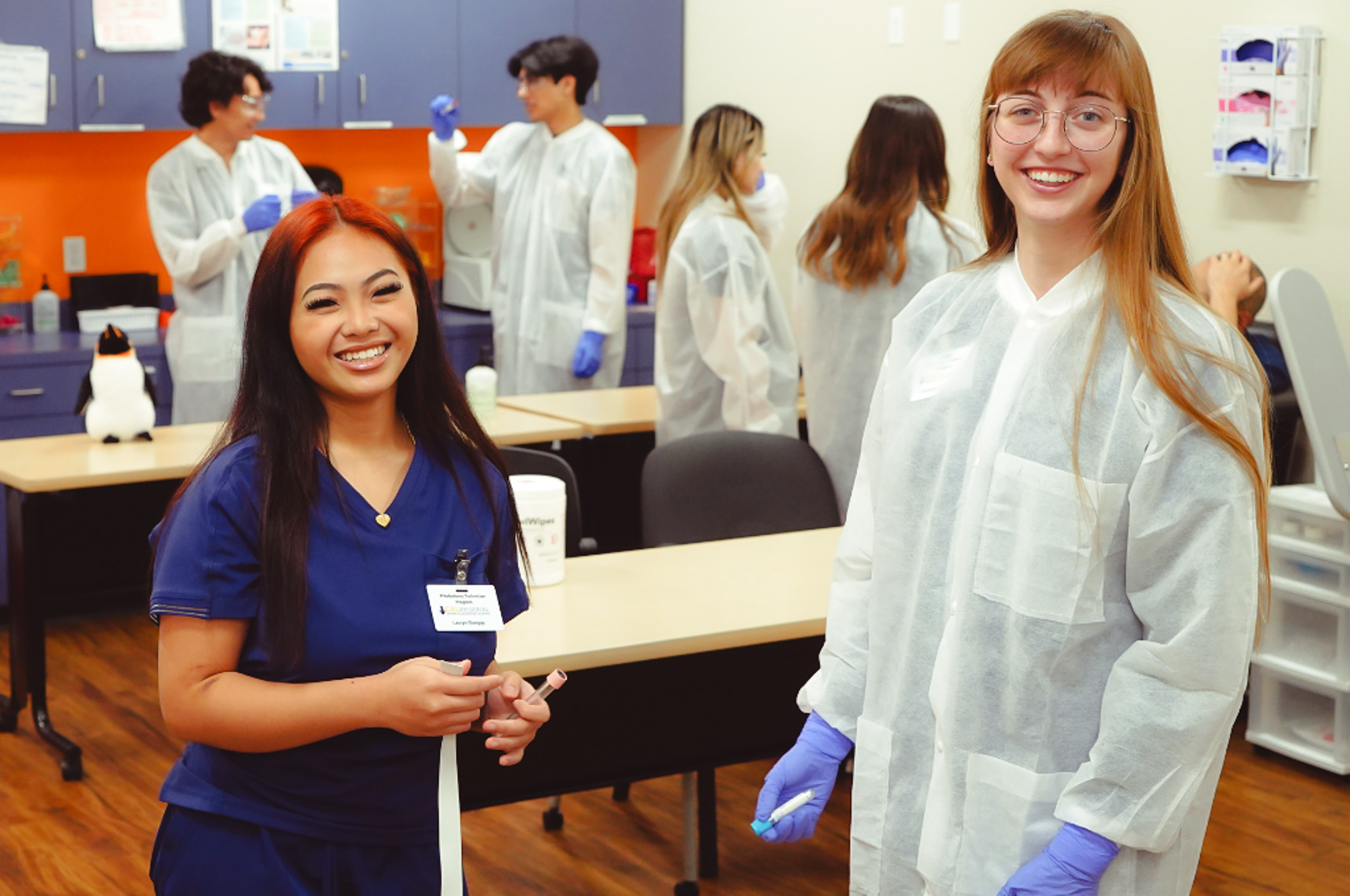Table of Contents
If you’re considering a career as a phlebotomy technician, you may wonder where exactly you’ll work once you complete your training. Phlebotomy technicians are crucial in the healthcare industry, so you can find employment in various settings. Where do phlebotomy technicians work? — Let’s explore some familiar places to better understand the possibilities that await you in this rewarding field.
Hospitals
One of the most common places where phlebotomy technicians work is in hospitals. Hospitals have a high demand for skilled phlebotomy technicians who can efficiently collect blood samples from patients of all ages. Whether you’re drawing blood for routine tests or emergencies, hospitals provide a fast-paced environment where you can put your skills to the test. Additionally, some phlebotomy technicians may have the opportunity to work in specialized departments such as the emergency room or labor and delivery, further expanding their experience in the field.
Healthcare Clinics
Another setting where phlebotomy technicians can find employment is in healthcare clinics. From primary care clinics to specialty clinics like oncology or cardiology, phlebotomy technicians are needed to collect blood samples for diagnostic purposes. Clinics offer a more intimate setting where you can build relationships with patients and become a familiar face to those needing regular blood work. This setting allows phlebotomy technicians to work closely with healthcare providers and other allied health professionals. Working in a clinic may offer valuable experience in a collaborative healthcare environment.
Clinical Laboratories
In addition to hospitals and healthcare clinics, phlebotomy technicians may also work in laboratories. Clinical laboratories play a vital role in the healthcare industry. When working in a lab, phlebotomy techs are responsible for analyzing blood samples to aid in diagnosing and treating patients. You may also be responsible for collecting and processing blood samples and maintaining accurate patient information records. Laboratories provide a behind-the-scenes look at the importance of blood testing and its role in healthcare delivery.
Nursing Homes
Phlebotomy technicians may also find employment in nursing homes and long-term care facilities. These settings require phlebotomy technicians to collect blood samples from elderly residents with complex medical conditions or mobility limitations. Working in a nursing home or long-term care facility requires patience, compassion, and excellent communication skills to ensure that residents feel comfortable and safe during the blood collection. This setting allows phlebotomy technicians to impact the lives of vulnerable populations and provide vital healthcare services to those who need them most.
Conclusion: Phlebotomy Technician Career Settings Vary
Where do phlebotomy technicians work? — There are opportunities to work in various settings within the healthcare industry. Whether you work in a hospital, healthcare clinic, laboratory, or nursing home, each setting offers unique challenges and rewards to help you grow and develop as a healthcare professional. By gaining experience in different environments, you can expand your skills, build relationships with patients and colleagues, and positively impact the lives of those needing your services. Wherever you choose to work as a phlebotomy technician, you can be proud of your important role in supporting the healthcare team and providing quality patient care. Get started towards a new career as a phlebotomy technician with CALRegional. Sign up for an online info session to learn more about the program and if it is the right fit for you!


